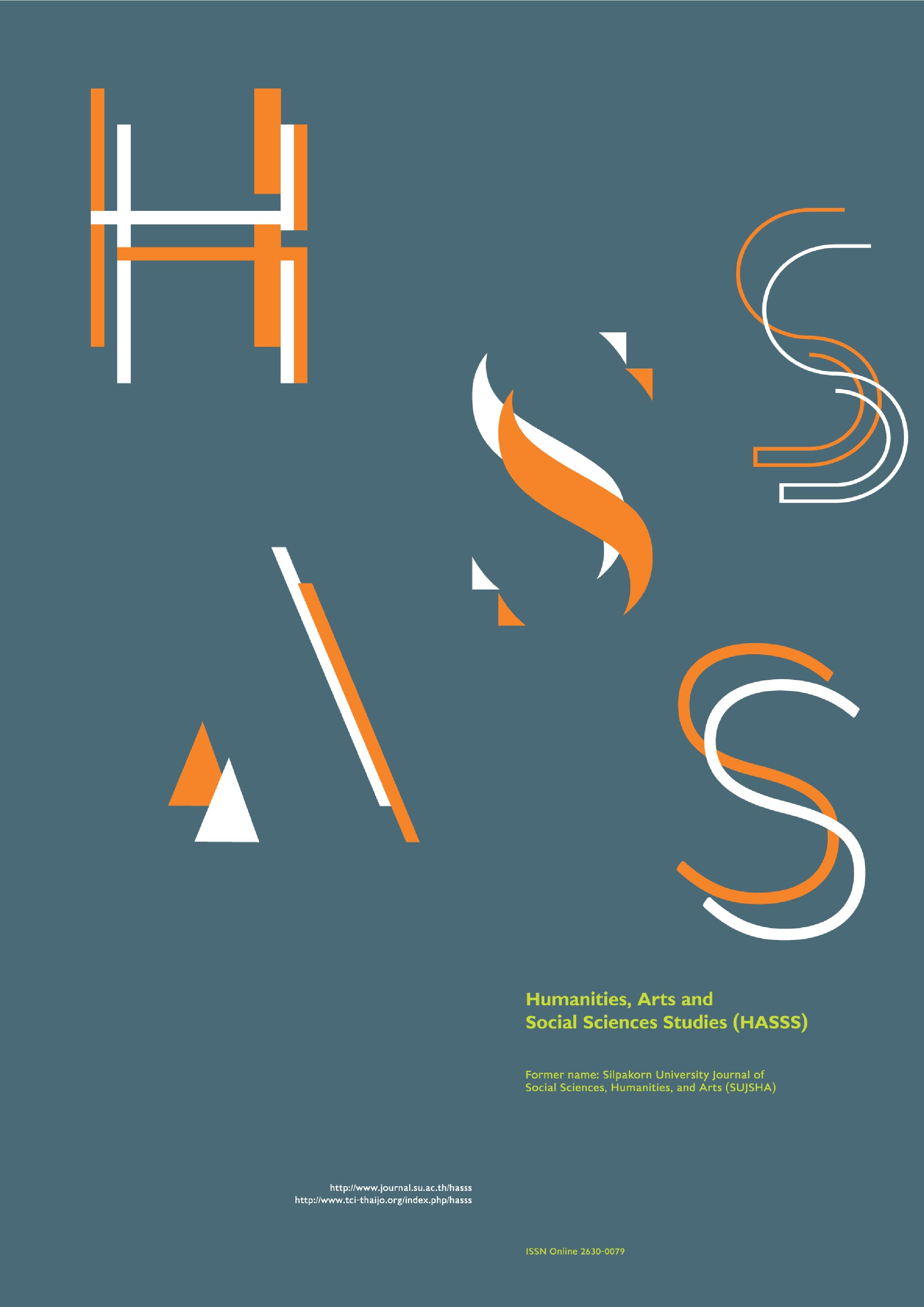Embracing diversity: Empowerment of Filipino pre-service teachers for inclusive education
Main Article Content
Abstract
The increasing diversity in schools requires in-depth understanding of pedagogical approaches to teach diverse populations. This requirement demands Teacher Education Institutions to develop among pre-service teachers positive attitude towards inclusion and prepare and train them to deliver inclusive practices in a mainstream classroom. This study investigated the attitude towards inclusive education, perceived level of readiness to implement inclusive education and assessment on the effectiveness of teacher education program for inclusive education in terms of collaborative teaching, techniques and strategies and collaborative experiences among pre-service teachers in one state university in Batangas Province, Philippines. Using descriptive-survey as research design with researcher-made questionnaire as tool to gather data, results have shown that the respondents have high positive attitude (x̄=3.57) towards inclusive education. Further, the study also revealed that the respondents have high perception (x̄=3.63) on their readiness to implement inclusive education. Lastly, teacher education program for inclusive education along with collaborative teaching and techniques and strategies were highly effective (x̄=3.51 and x̄=3.55 respectively), while effective (x̄=3.49) only in terms of collaborative experiences. Analyses of the findings afforded the researcher to formulate recommendations that higher authorities may use as inputs in formulating and designing programs to better empower future teachers to embrace diversity.
Downloads
Article Details

This work is licensed under a Creative Commons Attribution-NonCommercial-NoDerivatives 4.0 International License.
All rights reserved. Apart from citations for the purposes of research, private study, or criticism and review,no part of this publication may be reproduced, stored or transmitted in any other form without prior written permission by the publisher.
References
Bender, W. N. (2002). Differentiating Instruction for Students with Learning Disabilities: Best Practices for General and Special Educators. California: Corwin Press.
Bilbao, P. P., Corpuz, B. B., Llagas, A. T. and Salandanan G. G. (2016). The Teaching Profession. Quezon City: Lorimar Publishing.
Bohning, K. (2000). Curricular and instructional adaptations for special needs students in the general education setting. Graduate Research Papers 421: 1-27.
Bouillet, D. (2013). Some Aspects of Collaboration in inclusive education – teachers’ Experiences. Center for Educational Policy Studies Journal 3(2): 93-117.
Corpuz, B. B. and Gloria, G. S. (2014). Principles and Strategies of Teaching. Quezon City: Lorimar Publishing.
Dapudong, R. C. (2014). Teachers’ knowledge and attitude towards inclusive education: basis for an enhanced professional development program. International Journal of Learning and Development 4(4): 1-24.
DepEd. (2009). Inclusive Education as Strategy for Increasing Participation Rate of Children. [Online URL: https://www.deped.gov.ph/wp-content/uploads/2018/10/DO_s2009_72.pdf] accessed on January 10, 2021.
Drogan, R. and Knoster, T. (2016). The Teacher’s Pocket Guide for Positive Behavior Support: Targeted Classroom Solutions. London: Brookes Publishing.
Duka, C. D. (2011). Philosophy of Education. Manila: Rex Book Store.
Ford, J. (2013). Educating students with learning disabilities in inclusive classrooms. Electronic Journal for Inclusive Education 3(1): 1-20.
Galevska, A. N. and Pesic, M. (2018). Assessing Children with Special Educational Needs in the Inclusive Classrooms. In Lodging the Theory in Social Practice, edited by J. C. McDermott, M. Cotič and A. Kožuh, pp.89-100. Los Angeles: Education Department, Antioch University.
Goddard, C. and Evans, D. (2018). Primary pre-service teachers' attitudes towards inclusion across the training years. Australian Journal of Teacher Education 43(6): 122-142.
Hay, J. F., Smit, J., and Paulsen, M. (2001). Teacher Preparedness for inclusive education. South African Journal of Education 21(4): 213-218.
Kim, J. (2011). Influence of teacher preparation programmes on preservice teachers’ attitudes toward inclusion. International Journal of Inclusive Education 15(3): 355-377.
Kurth, J. A. and Mastergeorge, A. M. (2012). Impact of setting and instructional Context for adolescents with autism. The Journal of Special Education 46(1): 36-48.
Kuusisaari, H. (2013). Teachers' collaborative learning-development of teaching in group discussions. Teachers and Teaching: Theory and Practice 19(1): 50-62.
Loreman, T., Sharma, U. and Forlin, C. (2013). Do pre-service teachers feel ready to teach in inclusive classrooms? A four-country study of teaching self-efficacy. Australian Journal of Teacher Education 38(1): 27-44.
MAPSA (2011). Managing Children with Special Needs (Learning Disability, ADHD, and Autism). Manila: Rex Book Store.
Matzen, K., Ryndak, D. and Nakao, T. (2009). Middle school teams increasing access to general education for students with significant disabilities: Issues encountered and activities observed across contexts. Remedial and Special Education 31(4): 287-304.
Muega, M. A. G. (2016). Inclusive Education in the Philippines: Through the eyes of teachers, administrators, and parents of children with special needs. Social Science Diliman 21(1): 5-28.
Mulholland, M. and O'Connor, U. (2016). Collaborative classroom practice for inclusion: Perspectives of classroom teachers and learning support/resource teachers. International Journal of Inclusive Education 20(10): 1070-1083.
Nguyet, D. T. and Ha, L. T. (2010). How-to Guide Series, Preparing Teachers for Inclusive Education. Maryland: Catholic Relief Services.
Varcoe, L. and Boyle, C. (2014). Pre-service teachers’ attitudes towards inclusive education. Educational Psychology: An International Journal of Experimental Educational Psychology 34(3): 323-337.
Whitworth, J. W. (1999). A Model for Inclusive Teacher Preparation. Electronic Journal for Inclusive Education 1(2): 1-11.


